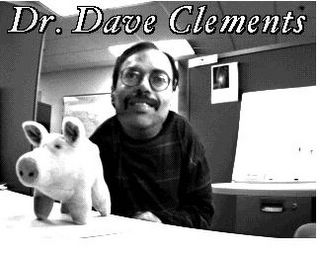I have been reading the textbook for my document design course. To say it's interesting would be to exaggerate slightly. It's not that the subject matter is without appeal; but what really annoys me is the annoying American sense of Positivism that pervades the pages.
In the chapter I was reading, the author describes three types of document design approaches: 1) Classifying
2) Intuiting
3) Listening
Now, the astute reader can discern immediately which approach the author favors. "Listening," listed last, comes first in the author's mind. Classifiers do audience analysis based on statistics, intuitors frame the text around the "invoked reader," while listeners ASK the intended audience about their reactions to proposed document types. Seems clear enough. The remainder of the chapter then discusses a "user study" the author and her collaborators performed on teenagers who had to look at anti-drug brochures. Not surprisingly, the teens had trouble with the various brochures.
The textbook is riddled with side notes on every page, mostly explaining how "Johnson and Smith (1968) analyzed ...." Even when the author admits somewhat later in the book that many readers just look at the headlines and skim charts (exactly what I found myself doing), she proceeds ad nauseam to show how this or that study "proves" or "demonstrates" or "indicates" this or that fact.
Let me stipulate--All text is fiction. Studies do not make facts. Studies reinforce the authors' own Weltanshauung. When you repeatedly rely on some professor of technical communications to reinforce your point, you succeed only in reminding me that your "facts" are argument by authority. In other words, the educational and psychological establishment have overtaken the universe of "textual artifacts."
Those teens were more or less forced to give their reactions to the brochures. Their time was taken up by the authors for the latters' own career purposes. Did it not occur to anyone that the teens' reactions would be coerced and therefore suspect?
"If we just perform enough studies, we can think our way out of this problem," seems to be what the edu/psych establishment wants to accomplish. If we break a subject into its components and then observe them, we can discover the Truth. But it's all a contstruct; if you break matter down far enough, you discover not more matter, but empty space. If you rely too much on studies and reports, you will find yourself constructing a reality based on a web of pre-known and forced experience.
Subscribe to:
Post Comments (Atom)

No comments:
Post a Comment